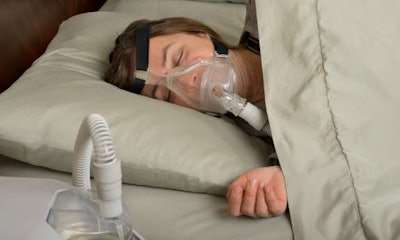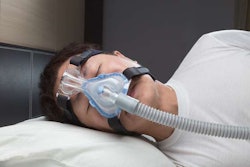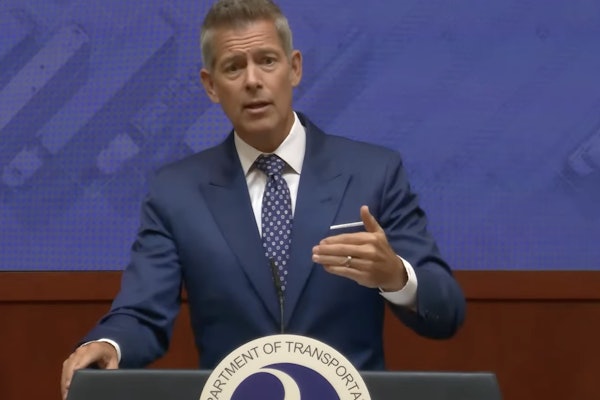A rulemaking that would have established a process to create sleep apnea screening requirements for truck drivers will be withdrawn Monday, according to a notice issued Friday by the Federal Motor Carrier Safety Administration.
A sleep apnea rule would have given clarity to medical examiners, carriers and drivers about what criteria would prompt a driver to be referred for an in-lab apnea test, as well as treatment protocol. Currently, medical examiners rely on one of several different sets of screening protocols to determine apnea test referrals. The policy has caused confusion, in some cases bringing charges of unwarranted referrals from drivers.
 According to the American Academy of Sleep Medicine, it’s estimated that as many as 26 percent of adults aged 30-70 years have obstructive sleep apnea.
According to the American Academy of Sleep Medicine, it’s estimated that as many as 26 percent of adults aged 30-70 years have obstructive sleep apnea.Withdrawal of the rulemaking preserves this policy. The rule’s withdrawal comes two weeks after the agency hinted in an annual regulatory update that the rule was on the chopping block. There was some confusion then, given that the report said the rule had been withdrawn on an unspecified date in June. However, no official notice had been published in the U.S. Federal Register, which is required to formally rescind a rule. Friday’s notice, however, validates the U.S. DOT’s July update to its regulatory calendar.
The agency worked on the sleep apnea rule persistently in 2016, including the publication of a so-called pre-rule, listening sessions held around the country and apnea-focused meetings by two of its prominent advisory committees. However, the agency did not gather enough data to warrant a rulemaking, it said in the July regulatory update.
In the notice published Friday, FMCSA says the current protocol in place for apnea screening is sufficient. That protocol, spelled out in a bulletin issued in January 2015 by FMCSA, puts the onus on drivers’ medical examiners, encouraging them to refer drivers for apnea testing if they “believe the driver’s respiratory condition is in any way likely to interfere with the driver’s ability to safely control and drive a commercial motor vehicle.”









